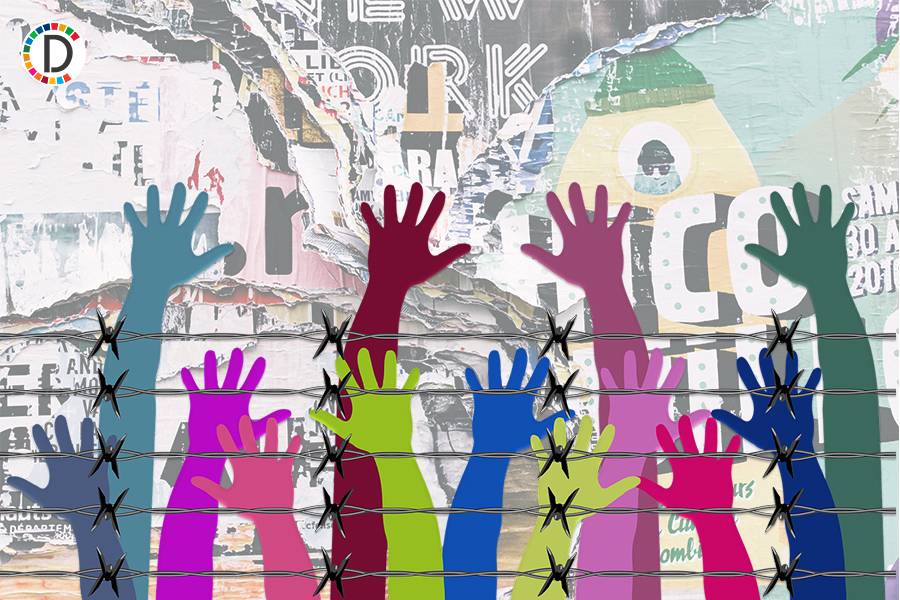Peru diplomatic spat grows as envoys in Mexico, Argentina summoned home

A diplomatic spat over Peru deepened on Thursday as the new foreign minister formally summoned ambassadors home from countries including Mexico and Argentina, which have criticized the recent ouster of former president Pedro Castillo. The swift removal of Castillo, who led the South American country for just 17 months, has reverberated far beyond Peru's borders, with several leftist allies of the deposed leader rallying to his support as deadly street protests extend into their second week, with a state of emergency declared.
On Monday, four nations led by leftist presidents - Argentina, Bolivia, Colombia and Mexico - signed onto a joint statement declaring Castillo "a victim of undemocratic harassment." A bloc of left-wing countries meeting in Havana including Cuba, Bolivia, Venezuela and Nicaragua, also forcefully backed the jailed Castillo, rejecting what they described as "the political framework created by right-wing forces."
Foreign Minister Ana Cecilia Gervasi, new to the post after President Dina Boluarte took over from Castillo last week, responded on Thursday by summoning home Peru's ambassadors in Argentina, Bolivia, Colombia and Mexico for consultation. Gervasi wrote in a post on Twitter that the consultations "relate to interference in the internal affairs of Peru."
She did not specify when the talks would take place. The leftist Castillo, the son of rural peasant farmers and a former teacher who won a narrow victory at the polls last year, was removed by an overwhelming vote of lawmakers just hours after he ordered the Congress dissolved on Dec. 7.
Peru's constitution allows a president to shut down Congress, but only if lawmakers approve motions of no confidence twice on the president's cabinet, which did not happen. Boluarte's week-old administration, which she has said will be a transition government, has been recognized by Chile's leftist president, plus by Uruguay, Costa Rica, Ecuador, Canada and the United States.
Amid the diplomatic jostling, protesters angry at Castillo's removal from office and subsequent arrest blocked roads on Thursday, despite the government's enactment of a state of emergency a day earlier, granting police special powers and limiting freedoms including the right to assembly. To date, at least eight have been killed in the protests.
Meanwhile, judicial authorities mulled keeping Castillo behind bars as the investigation into charges he fomented a rebellion continue. Peru's Supreme Court has until Friday to rule on the request for 18 months of pretrial detention. Castillo denies all the charges, and has claimed he remains the country's lawful president.
Local television footage on Thursday showed a line of dozens of vehicles stranded on the side of a key coastal highway south of Lima and hundreds of protesters placing stones on roads in the regions of Puno, Arequipa and the tourist hub of Cuzco. A large Peruvian union, the General Confederation of Workers, also weighed in, calling for a "day of fighting," as protesters demand immediate elections, the closure of Congress, a constituent assembly to redraw the constitution as well as the resignation of Boluarte.
(This story has not been edited by Devdiscourse staff and is auto-generated from a syndicated feed.)










